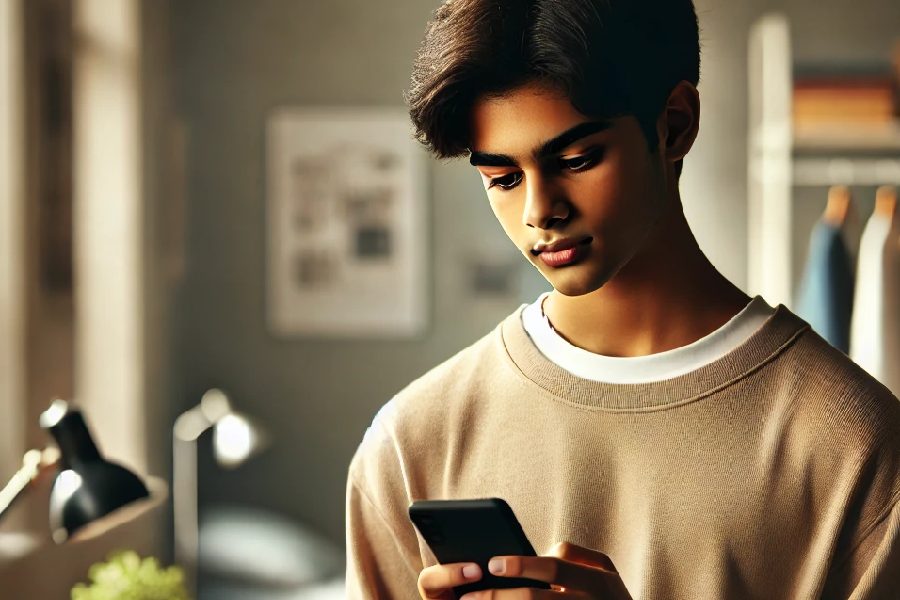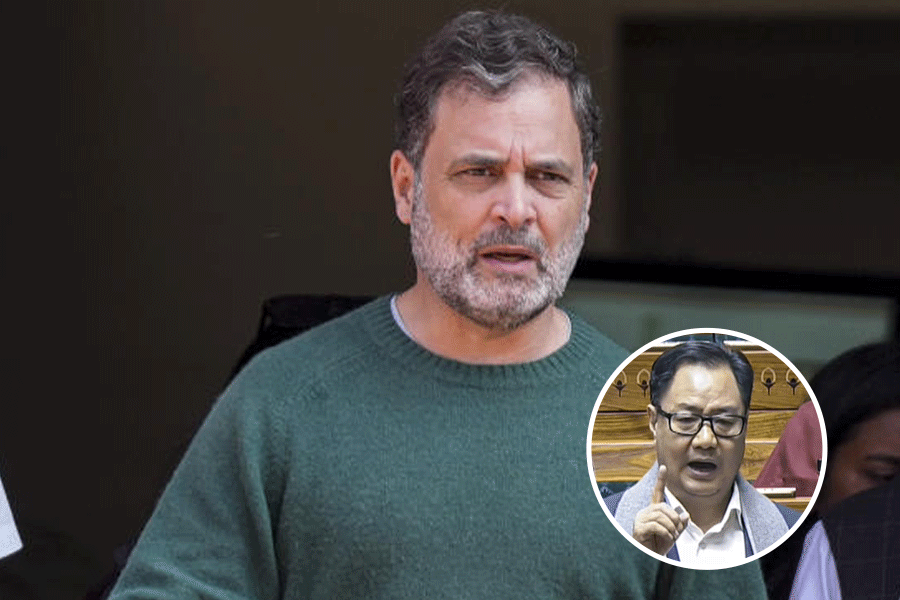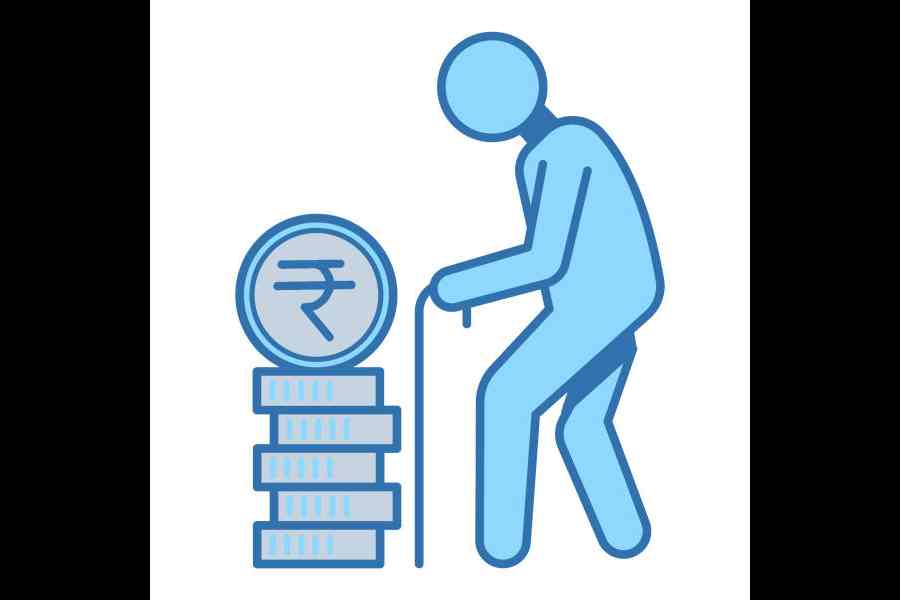The Supreme Court has suggested an Aadhaar-based age-verification system to protect minors from exposure to ‘obscene’ and inappropriate content online.
Chief Justice of India (CJI) Surya Kant and Justice Joymalya Bagchi were on Thursday heading the Bench that emphaised the need of a regulatory body and stringent laws to deal with online content demeaning someone.
"Obscenity can be in book, painting etc. If there is an auction...there can be restrictions also. The moment you switch on phone and something comes which you don't want or is forced on you, then what?" Justice Bagchi remarked.
CJI Kant added that though warnings are usually there, age verification can be added as a precautionary measure to prevent minors from inadvertently accessing inappropriate material.
"See the issue is warning is given and the show starts. But by the time you decide not to watch, it starts. The warning can be for a few seconds...then perhaps ask for your Aadhaar card etc. So that your age can be verified and then the programme starts. Of course, these are illustrative suggestions...Let something come up on pilot basis and if it clogs free speech and expression, it can be looked at then. We need to build a responsible society and once that happens, most of the problems will be solved," Justice Kant said.
The court was hearing a batch of petitions related to comedians and podcasters who have landed in trouble over their online conduct.
CJI Kant noted the need of a regulatory body, free from outside influence, to assess online content.
The Court clarified that fundamental rights would have to be balanced and that stringent laws would be required to deal with online content demeaning someone, particularly persons with disabilities.
"Why don't you think of a very stringent law which is on the same lines like SC/ST Act...where there is punishment if you demean them. On the same lines," CJI Kant asked Solicitor General Tushar Mehta.
Mehta agreed that humour cannot be at the cost of someone's dignity.
The apex court was hearing a plea filed by YouTuber-podcaster Ranveer Allahbadia in relation to the remarks he made during an episode of Samay Raina's India's Got Latent.
Along with Allahbadia's plea, the petition moved by Cure SMA India Foundation accusing Raina of insensitive remarks over the high-cost treatment for Spinal Muscular Atrophy was also listed. Raina is also alleged to have ridiculed a person with disability. Other comedians who appeared on the said India’s Got Latent episode are facing similar allegations in the case.
The petition seeks regulations on online content that violates the right to life and dignity of persons with disabilities. The Supreme Court had previously called for regulatory steps to enforce “reasonable restrictions” on the right to freedom of speech and expression listed under Article 19(2) of the Constitution.
Mehta said that the government was contemplating something.
"We will inform you after a week," he added.
The court then urged that a consultation be held and a proposal be put in the public domain.










